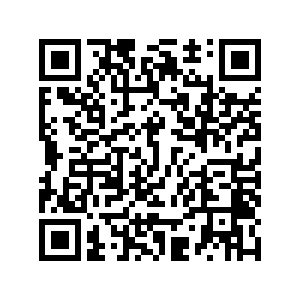MOGADISHU, July 21 (Xinhua) -- Somalia's Intelligence and Security Agency (NISA) has warned local businesses and individuals to stop any dealings with al-Shabab, amid heightened efforts to deny the terror group's access to regional and international financial networks.
NISA said it is closely monitoring the financial activities and assets of terrorist networks, especially of the militants who force locals to pay illegal levy (zakat), which it described as a form of extortion.
"Anyone who pays zakat is guilty of terrorist financing crimes as stipulated in the laws of the country, and international regulations concerning the prevention and combating of terrorist financing," NISA said in a statement released in Mogadishu, the Somalian capital, Sunday evening.
It warned that offenders will face immediate legal action in accordance with national legislation and administrative decisions.
"Businesspeople and citizens should know that providing funds to extremist groups is a serious criminal offense," NISA said. "Security agencies urge the public to report any information or pressure related to such collections to the appropriate authorities without delay."
Al-Shabab usually relies on forced taxation, extortion, and kidnappings as part of its strategy to fund its terror activities.
Soon after being elected in May 2022, Somali President Hassan Sheikh Mohamud declared an "all-out war" against the militants, including efforts to weaken al-Shabab's influence, capabilities, and defeat them not only militarily but also financially.
NISA's statement came one day after the country's National Committee for Combating Money Laundering and Countering the Financing of Terrorism reported major progress in dismantling financial networks used by al-Shabab to exploit citizens and businesses through extortion and illegal collections.
The committee said that in the first six months of this year, the government deactivated 575 mobile phone numbers used by al-Shabab for intimidation, threats, and extortion, froze 21 bank accounts linked to terror financing activities, and shut down 88 merchant accounts used to collect or launder extorted funds. ■
